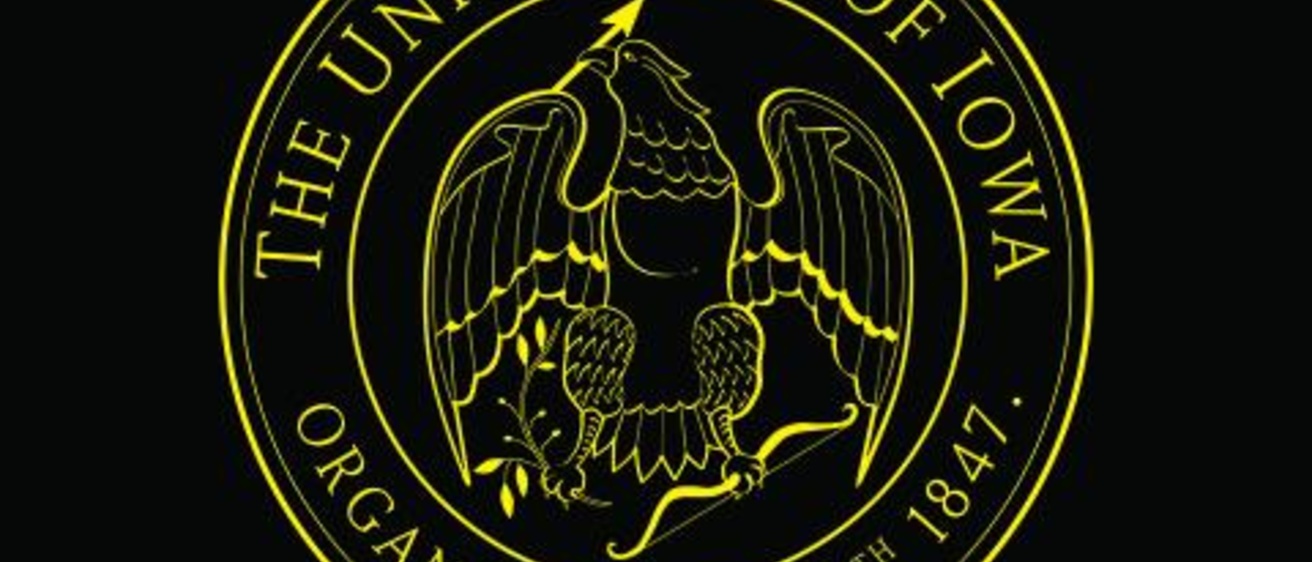The University of Iowa continues to make progress on campus safety and student well-being initiatives following recommendations from the Reimagining Campus Safety Action Committee (RCSAC) in August 2021.
An implementation team — chaired by Sara Sanders, dean of the College of Liberal Arts and Sciences, and Angie Reams, associate vice president and dean of students — was formed in November 2021. The team organized into three work groups to begin implementing the four recommendations outlined in the final report.
“We are very pleased with the work of the team so far, and the great care they are putting into determining how our campus can turn the recommendations into actions,” says Reams. “We are committed to creating sustainable, holistic support systems on campus, and in partnership with our local agencies and communities. It’s important to do this right.”
At this time, progress includes:
Work Group One
(Recommendations 1 and 2): Provide non-law enforcement response options for mental health, basic needs, crisis intervention, and follow-up. Invest financial resources in holistic safety services, including mental health, case management, well-being, and basic needs.
Complete:
-
- Creation of a 24/7 UI Support and Crisis Line that offers mental health support to students through a partnership with CommUnity Crisis Services.
- Hiring two professional care coordinators in Student Care and Assistance, Elley Mohling and Cody Howell, to provide follow-up services for students who have had a law enforcement contact, crisis intervention, or hospitalization.
- Hiring a basic needs coordinator to raise awareness, build partnerships, and increase access and support for student services, such as the food pantry, Clothing Closet, and other resources.
Ongoing:
- The work group is drafting a continuum of prevention and response strategies for departments to use when helping people in crisis, including increased mental health support and additional embedded counselors across collegiate units. This work has included engaging with departments involved in the current response process to understand options, processes, procedures, and compliances.
- The work group is creating a two- to five-year plan for investing financial resources in holistic support systems that consider mental, physical, emotional, and social well-being.
Work Group Two
(Recommendation 3): Create a Presidential Campus Safety and Accountability Board that pays particular attention to the experiences of marginalized campus members and includes members of shared governance and representatives of the broad UI community, with soliciting ongoing feedback, identifying metrics and measures of success, communicating concerns and recommendations, and facilitating a transparent sharing of information within the UI community.
Complete:
-
- The work group met with various campus partners, including the current Safety and Security Presidential Charter Committee, and determined the best path forward will be to create a new committee structure and charter.
- The work group has defined accountability and proposed options for addressing concerns while remaining aligned with University Human Resources’ and institutional policies.
Ongoing:
-
- The work group is designing a committee structure for the board with a focus on representation from across campus to provide diverse perspectives. Key components include support by central administration, establishing a process for proactively gathering feedback from marginalized communities and other campus safety stakeholders, and increased training and education about trauma-informed responses, supports, and restorative justice for those who consistently respond to crisis incidents within the community.
- The work group is consulting with University Human Resources and the Office of the General Counsel on options for the board.
Work Group Three
(Recommendation 4): Collaborate with local public safety and community officials to align UI and surrounding community safety protocols in support of a holistic response approach.
Complete:
-
- The work group outlined specific goals for increasing community knowledge about safety and security, building relationships between students and law enforcement, and using a systems approach to improve collaboration across jurisdictions in Johnson County.
Ongoing:
-
- The work group is gathering information to promote, communicate, and raise awareness about current response processes and diversion programs on campus and in the county.
- The work group is developing a plan to increase opportunities for relationship building between students and law enforcement to enhance understanding and support positive relationships.
- The work group is developing a strategic communication plan to share key messages about safety and security throughout the year, with the goal of increasing community knowledge.
The Implementation Team will continue its work over the summer, and the next update will be shared in fall 2022.
